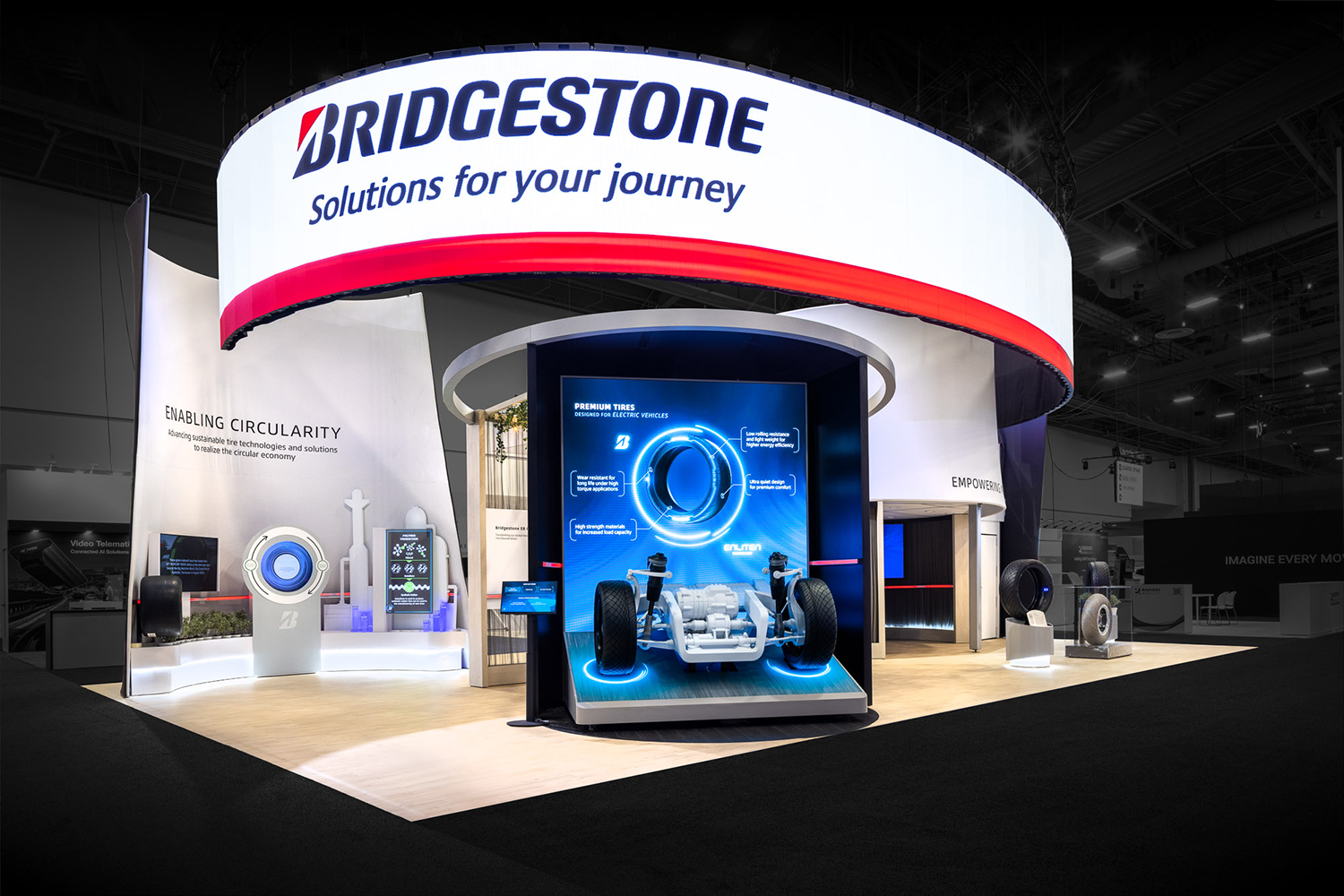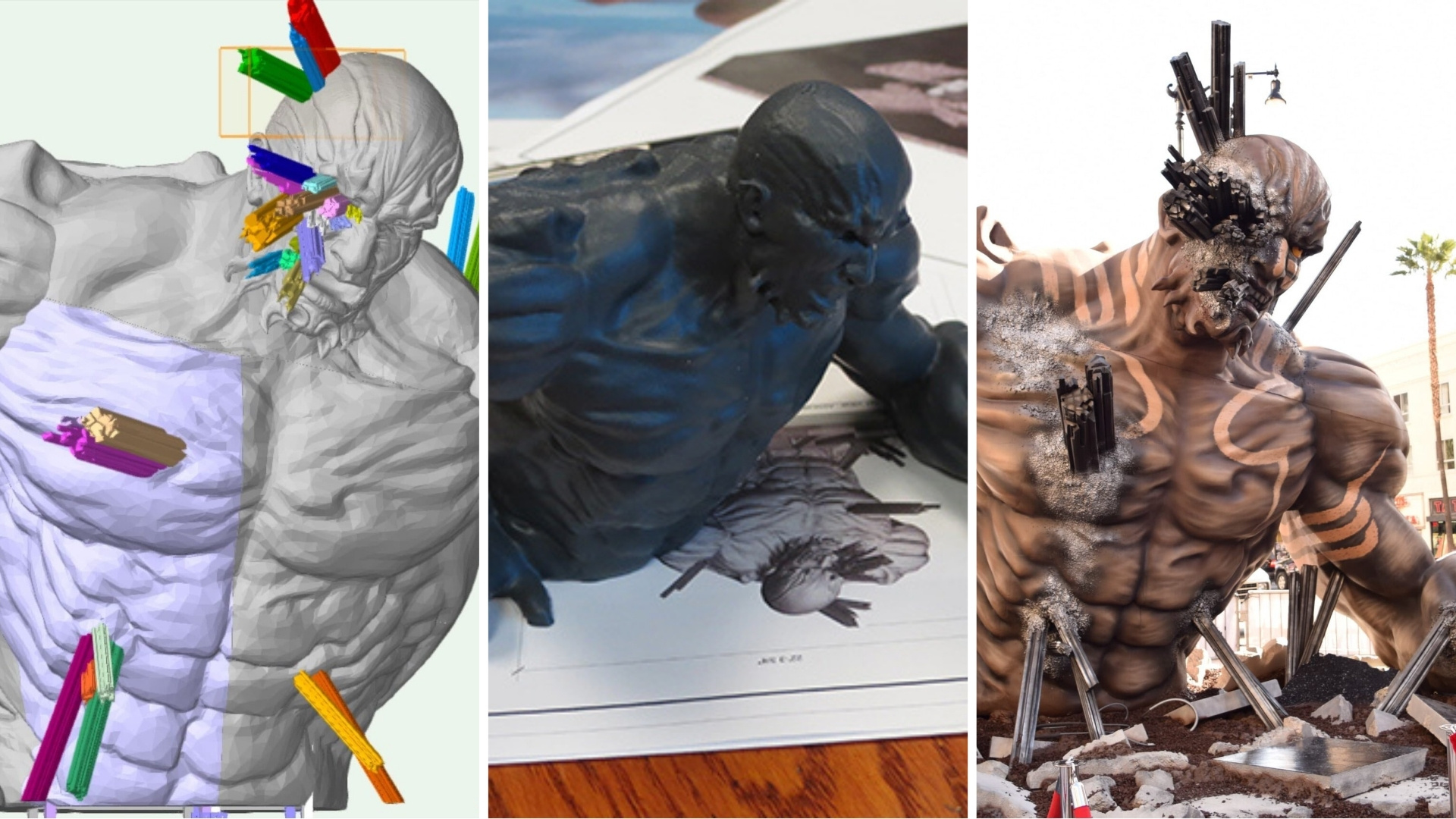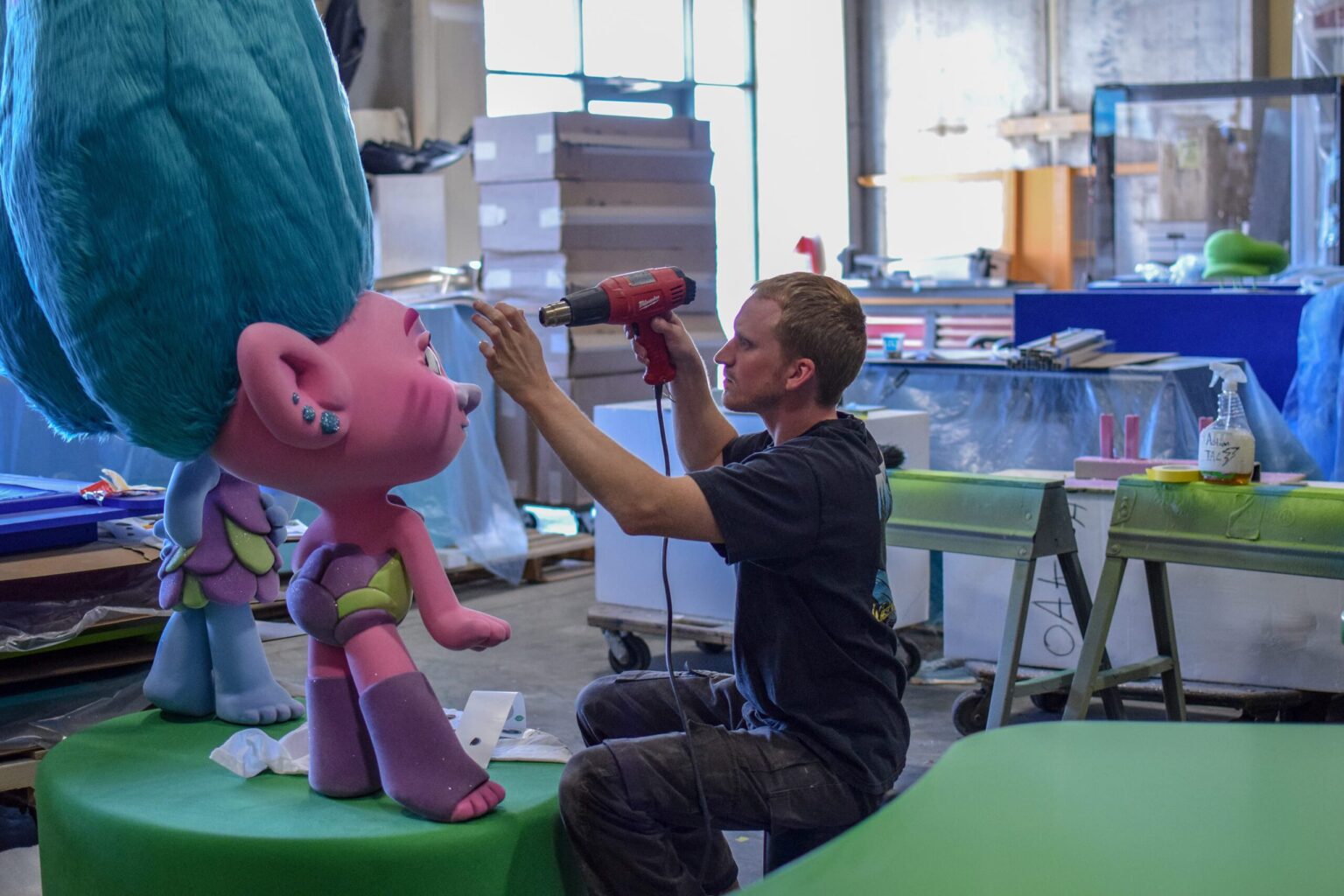When searching for experiential marketing agencies, most companies start by reviewing portfolios. Although case studies can be impressive, they only tell part of the story and can often leave out key details in evaluating the company. The wrong partner can turn your vision into a costly disappointment but the right experiential agency should transform your brand presence and drive real business impact.
To help you make an informed decision when choosing an experiential marketing agency, here are ten critical questions that go beyond the portfolio to reveal what truly separates top experiential marketing agencies from the rest.
1. How Do You Define and Measure Experiential Marketing?
Start by understanding the agency’s philosophy. What is experiential marketing to them? Their definition should extend beyond creating Instagram moments. Experiential marketing is about forging genuine connections between brands and audiences through immersive, interactive experiences.
Ask potential partners to explain their approach to measurement. The meaning of experiential marketing lies in its ability to create lasting brand connections, but how do they prove this impact? Look for agencies that track both engagement metrics and business outcomes—from lead quality at trade show events to long-term brand perception shifts.
The best experiential marketing agencies don’t just create buzz; they demonstrate how experiential branding translates into tangible business results. They should present clear methodologies for measuring emotional engagement, brand recall, and conversion rates.

2. What’s Your Process for Understanding Our Audience and Objectives?
Experiential marketing companies that jump straight to creative concepts without deep discovery often miss the mark. Ask about their research methodology. How do they analyze your target audience’s behaviors, preferences, and pain points?
The right agency conducts thorough stakeholder interviews, reviews existing customer data, and may even recommend primary research. They should demonstrate understanding of different audience segments and how experiential events can be tailored accordingly.
A quality agency will also challenge your assumptions. If you’re planning a trade show booth, they might question whether traditional exhibition formats best serve your objectives or suggest alternative experiential activations that better engage your specific audience.
3. How Do You Handle Custom Fabrication and Technical Integration?
Custom fabrication capabilities separate exceptional agencies from those that rely on third-party vendors. Ask detailed questions about their fabrication facilities, equipment, and in-house expertise. Can they handle everything from precision Computer Numerical Control (CNC) work to large-scale sculptural installations?
Modern experiential marketing increasingly relies on event technology integration. How do they incorporate AR/VR, interactive displays, sensor technology, and data capture systems? Do they have dedicated technical teams, or do they outsource these capabilities?
Custom trade show exhibits and experiential events often require complex technical solutions. Understanding an agency’s hands-on capabilities helps you assess whether they can execute your vision without compromising quality or timeline.
4. Can You Walk Me Through Your Project Management Methodology?
Experiential marketing events involve countless moving parts—design, fabrication, logistics, technology, staffing, and on-site management. Ask potential partners to detail their project management approach. How do they handle timeline development, resource allocation, and communication protocols?
Look for agencies that use sophisticated project management tools and assign dedicated account managers. They should provide clear visibility into project progress, milestone tracking, and budget management. Top experiential marketing agencies often have proprietary systems for managing complex activations.
Ask about their contingency planning. What happens when venues change requirements, weather affects outdoor installations, or technical issues arise during setup? Their answers reveal experience levels and problem-solving capabilities.
5. How Do You Approach Multi-Location or Multi-Event Campaigns?
If you’re planning experiential marketing events across multiple markets, ask about their scalability and consistency protocols. How do they ensure brand consistency while adapting to local market differences?
Agencies with national or international capabilities should demonstrate proven systems for managing distributed campaigns. This includes standardized training for local teams, quality control processes, and real-time communication systems.
Ask for examples of experiential marketing campaigns they’ve executed across multiple locations. How did they handle logistics, local permitting, and cultural adaptations while maintaining brand integrity?
6. What’s Your Approach to Sustainability and Environmental Responsibility?
Modern brands increasingly prioritize environmental responsibility. Ask how the agency incorporates sustainable practices into experiential activations. Do they use recyclable materials, plan for asset reuse, or offset carbon emissions from events?
Trade show booths and large installations can generate significant excess materials. How does the agency minimize environmental impact while maintaining creative excellence? Look for concrete examples of sustainable design solutions and waste reduction strategies.
Some experiential agencies have formal sustainability policies or certifications. Others integrate environmental considerations into their design process. Understanding their approach helps ensure alignment with your brand values.
7. How Do You Handle Data Capture, Privacy, and Lead Management?
Experiential events generate valuable audience data, but handling this information requires careful attention to privacy regulations and security protocols. Ask about their data capture methodologies and compliance procedures.
How do they integrate with your existing CRM systems? What tools do they use for lead capture at trade show exhibits? Can they provide real-time reporting and analytics during events?
Experiential marketing services should include robust data management capabilities. The agency should demonstrate understanding of GDPR, CCPA, and other privacy regulations while maximizing the value of audience interactions.

8. What Makes Your Creative Process Different from Other Experiential Marketing Companies?
While portfolios showcase final results, understanding the creative process reveals how agencies work. Ask about their ideation methodologies, concept development approaches, and stakeholder collaboration processes.
How do they balance creative vision with practical constraints like budgets, timelines, and venue limitations? Experiential designers at the best agencies think systematically about user experience, spatial flow, and emotional journey mapping.
Ask to see early concept sketches, mood boards, or prototypes from past projects. This reveals their ability to communicate ideas clearly and iterate based on feedback. Experiential advertising agencies should involve you in the creative process, not just present finished concepts.
9. How Do You Staff and Manage On-Site Event Execution?
Experiential marketing ideas are only as good as their execution. Ask about their approach to staffing events. Do they use full-time employees, trained freelancers, or local temporary staff?
What training do on-site teams receive? How do they ensure brand consistency across different team members? Custom trade show exhibits and experiential events require knowledgeable staff who can engage audiences authentically while representing your brand professionally.
Ask about their on-site management structure. Who’s accountable for different aspects of event execution? How do they handle real-time problem-solving and communication with your team?
10. Can You Provide References from Similar Projects and Long-Term Client Relationships?
Finally, ask for references from projects similar to yours in scope, industry, or complexity. Examples of experiential marketing in their portfolio might look impressive, but speaking with actual clients reveals the full story.
Ask specifically about:
- Communication quality throughout the project
- Problem-solving when challenges arose
- Budget management and transparency
- Timeline adherence
- Post-event support and analysis
- Overall satisfaction and likelihood to work together again
The best experiential marketing agencies maintain long-term relationships with clients, often working on multiple projects over several years. This longevity indicates consistent performance and client satisfaction.
Making Your Decision
Selecting an experiential marketing company requires looking beyond impressive portfolios to understand capabilities, processes, and cultural fit. The right experiential agency becomes a true partner, challenging your thinking while executing your vision flawlessly.
Experiential advertising continues evolving as technology creates new possibilities for brand interaction. The agency you choose should demonstrate both current expertise and future-focused thinking. They should understand that while technology enhances experiences, authentic human connection remains at the heart of effective experiential branding.
Take time to ask these critical questions. The answers will reveal whether an agency can truly deliver on their promises or if they’re simply good at creating impressive presentations. Your brand—and your budget—deserve a partner who excels at both strategic thinking and flawless execution.
Remember, the goal isn’t just to create spectacular moments, but to design experiences that authentically represent your brand while providing genuine value to participants. When you find an experiential marketing agency that checks all these boxes, you’ve found a partner who can transform how your audience perceives and interacts with your brand.
